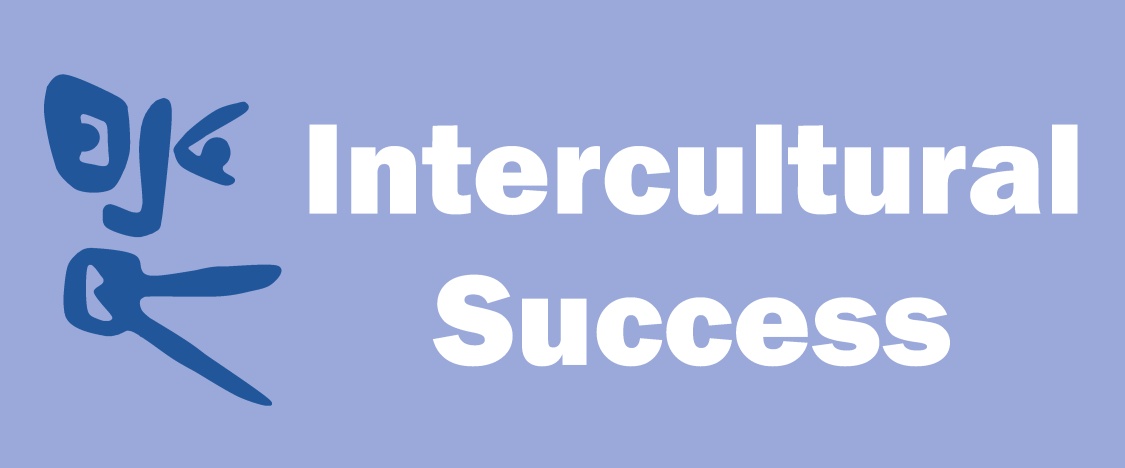24 March 2025|communication skills
Have you been working internationally for some time and have just come to the UK and are struggling with the type of English you are hearing? Working in English in the UK can be a new challenge.
Types of English when working in English
There are many different types of English spoken globally. For example, people talk about international or global English, British English, American English, and many others. From my experience with people working globally in English when it is their second or third language, I have found that they are all happier speaking to other non-native speakers than to native speakers. In particular British English presents a challenge not just in terms of the richness of vocabulary, accent, slang and idiom, but also in terms of style of speech for suggesting, asking, implying, etc.
Examples
The words What does it mean?
I wonder if you could….. Is it a suggestion, a request or an order?
How are you? Is it a question, or a greeting?
It’s quite good Does this mean excellent or just OK?
Moving to the UK after many years expat in other countries
There are lots of people moving to the UK to work. This is one recent example of a question about the challenge of communicating with British people speaking English.

“I’ve been expat for years and speak a good level of English. I think I’m a good communicator and have run meetings, given presentations, chatted with my team in the office, and socially. It’s all felt natural and almost as good as speaking in my first language. In fact on technical subjects sometimes it’s easier in English. For years, other people have understood me easily – or at least they have appeared to, and there haven’t been many clarifying questions.
At the beginning it was exhausting to work in English all day, then just tiring, but after a while it became easy and comfortable. I even helped solve misunderstanding when they were due to language or gave someone tips on how to improve their presentation to be more easily understood. I felt that I could switch languages with ease and didn’t really mind which language I was using in the workplace or even socially. Whereas at the beginning, working, dealing with everyday life or socialising in English made it more stressful and time consuming. Sometimes, at the end of the day, I was exhausted and didn’t really want to speak or listen or read or watch in any language.
I’m now in a new senior role but within the same company. The role is interesting and of course has challenges but nothing that I feel I can’t handle. The issue is English, and this is for the first time in many years. Most of the people I am working with are native speakers, and most of them are British. I am finding it difficult and even more challenging when I am in a group. It is particularly difficult when there are non-work discussions or when work discussions are about strategy or policy or potentially sensitive issues. If we discuss something very technical and I am leading the discussion, that is easier.
This means that after a gap of many years, the feeling of tiredness and wanting to ‘stare at the wall’ and not speak or listen in any language at end of day has come back. I am starting to feel as I did on my first expat assignment. I’m starting to question myself over whether someone is being humorous or not, suggesting or asking, wanting input from me or not. I thought I was good at reading people and a situation but am losing a bit of confidence when working with native English speakers. I sometimes sit in meetings feeling like the new person and not part of the team. Sometimes everyone laughs and I have no idea why.”
The solution
This is my answer to overcoming language challenges with British English with practical tips to mitigate this issue, and to make communication with native English speakers easier and less challenging and confusing.
Keep up-to-date with current affairs and sporting events as this will make non work conversations easier.
Check who is playing/who has won
Read the newspaper headlines every day
Keep control of any conversation
Draw from your bank of language for clarification
Suggest a break
Ask questions (always easier to understand an answer when you asked the question)
Carry a notebook to write down any slang which is new to you
Ask someone to help you monitor your progress. There will be progress, but it is difficult to judge.
Try and ensure that there is always a gap between meetings. Five or ten minutes will be invaluable for you.
Remind yourself of your successes and that you speak more than one language fluently, and don’t become demoralised.
Remind others that you are in your second language (subtly or not)
Book a weekly coaching session where you can discuss recent situations and so decode your British colleagues.
Conclusion

Being fluent in a 2nd or 3rd language is a great achievement. You can be fluent and still be ignorant about many areas of vocabulary.
If you have children or know children you will know that even if you raised them, much of their vocabulary is unfamiliar and unknown to you.
There are many areas of language, professional shorthand, country specific, region specific, job specific.
Remain confident in your fluency, be bold and say,
“I have no idea what you guys are talking about, and I am fluent.”
“Could you explain what this means in standard English?”
If you are working in a professional environment, the professional thing to do is talk in English that all of your colleagues can understand. So, it is reasonable to say to your colleague, I am fluent, but I am not understanding what you are saying.
Further reading
When do you smile?
How to explain culture within your global team
Intercultural Success Coaching
If you are working within a multicultural environment and are finding it confusing or challenging, or would like to improve your performance, please contact Intercultural Success.
We have decades of experience and have helped strengthen culture in global teams and support successful global team leadership with hundreds of global leaders. Contact us today to discuss your challenges. Book a half hour situation appraisal with our Director, Caroline Gregory, or ask a question via our contact form below and subscribe for our updates.

